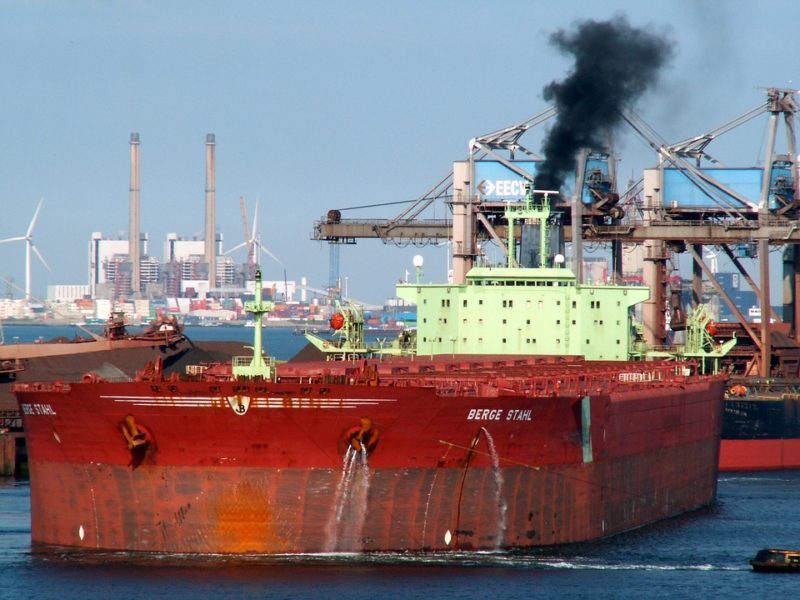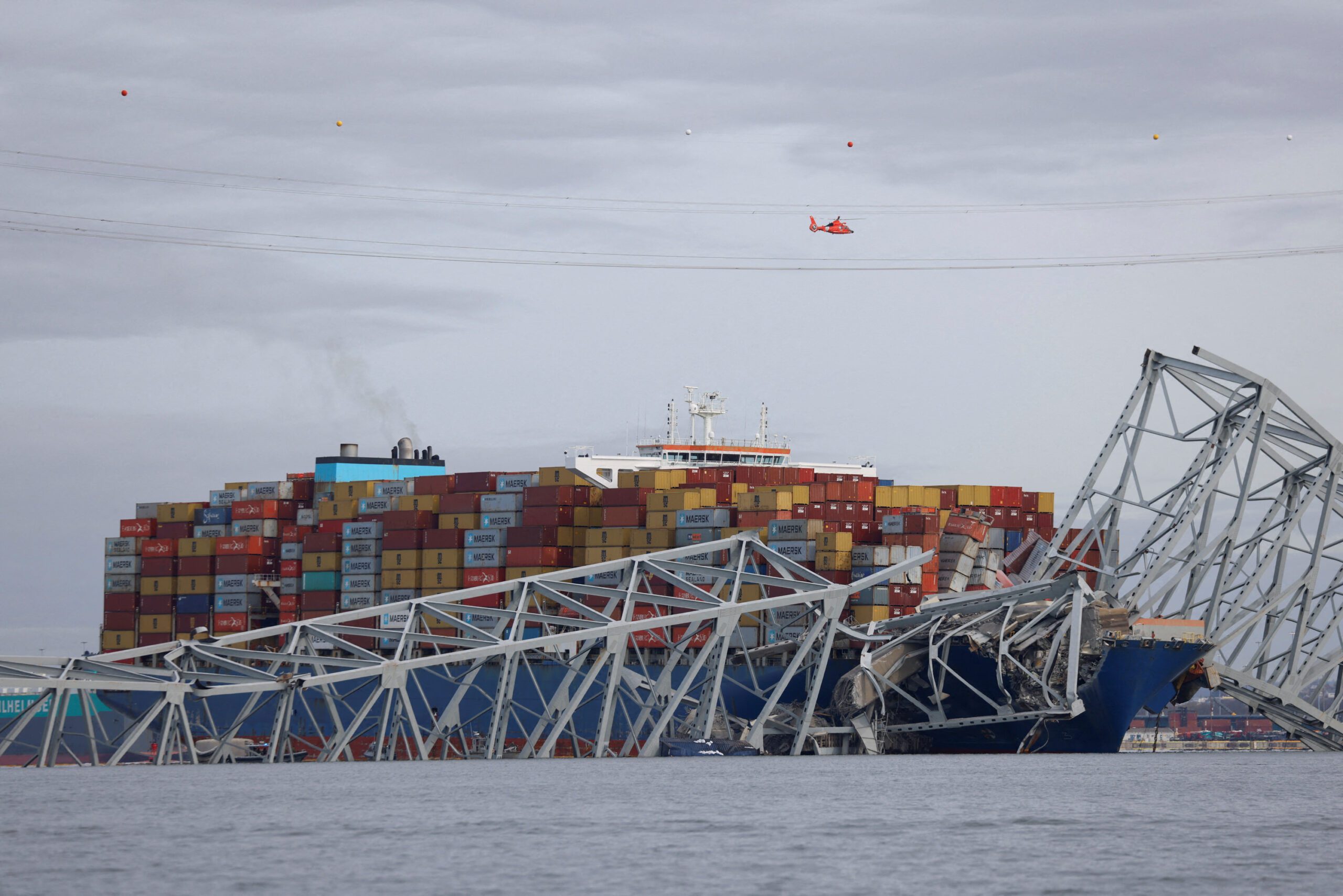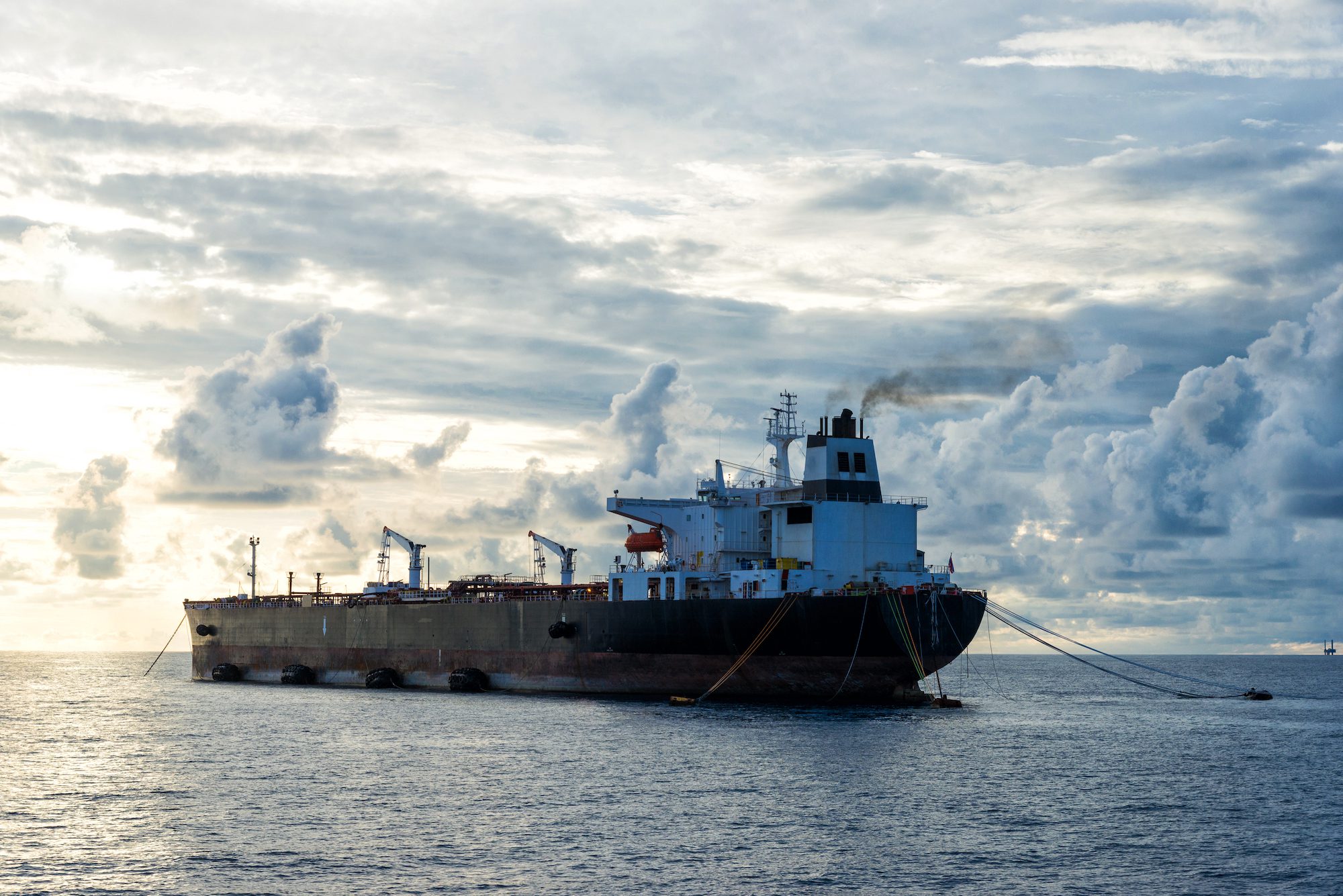
The landmark Paris Agreement to combat climate change became international law on Friday with its entry into force less than a year after it was unanimously adopted by 196 nations last December in Paris.
The Paris Agreement aims is to strengthen the global response to the threat of climate change by keeping the global temperature rise this century well below 2 degrees Celsius above pre-industrial levels and to pursue efforts to limit it to 1.5 degrees Celsius. International shipping sector, as one of the biggest emitters of greenhouse gases, is noticeably absent from the accord.
“We remain in a race against time. But with the Paris Agreement and the 2030 Agenda for Sustainable Development, the world has the plans we need to make the shift to a low-emission, climate-resilient path,” UN Chief Secretary-General Ban Ki-moon told reporters Friday at the UN Headquarters in New York.
“Now is the time to strengthen global resolve, do what science demands and seize the opportunity to build a safer, more sustainable world for all,” Ban added.
In early October, the Paris Agreement cleared the final threshold of 55 countries representing 55 percent of global emissions required for the accord to enter into effect.
Its entry into force has been praised as extremely swift, particularly for an agreement that required a large number of ratifications and two specific thresholds.
The Paris Agreement calls on countries to combat climate change and to accelerate and intensify the actions and investments needed for a sustainable low carbon future, and to adapt to the increasing impacts of climate change.
The final text of the Paris Agreement included no explicit reference to international shipping, which accounts for 2.2% of earth’s man-made CO2 emissions. The absence of shipping in the deal leaves the U.N.’s International Maritime Organization as the sole governing body responsible for cutting greenhouse gas emissions from the sector.
In its own landmark decision, the IMO, during a meeting of the Marine Environment Protection Committee held last week, set January 1, 2020 as the date for ships to comply with new low sulphur fuel oil requirements – the IMO could have deferred to 2025. Another milestone was reached with the IMO also adopting new mandatory requirements for a fuel consumption data collection system, which will help the IMO decide if more measures are needed to enhance energy efficiency and address greenhouse gas emissions from international shipping. Finally the IMO also approved a roadmap (2017 through to 2023) for developing a “Comprehensive IMO strategy on reduction of GHG emissions from ships”, which foresees an initial GHG strategy to be adopted in 2018.
The latter was slammed by environmental groups who accused the IMO turning down an easy opportunity to act on climate change and abandoning a review of ship efficiency targets until 2018 at the earliest.
Beginning Monday, the Conference of the Parties to the United Nations Framework Convention on Climate Change (UNFCCC) will meet in Marrakech, Morocco for the first time since the Paris Agreement was adopted.
“The UN Climate Change Conference in Marrakech is the crucial next step for governments looking to operationalize the Paris Climate Change Agreement adopted last year,” says Patricia Espinosa, Executive Secretary UNFCCC. “While the Paris Agreement gave clear pathways and a final destination in respect to decisive action on climate change, many of the details regarding how to move forward as one global community in that common direction still need to be resolved.”

 Join The Club
Join The Club












